
Mosquito Range, Top Speed, Variants, & Specifications Britannica
De Havilland Mosquito (Graphic courtesy of ) It is one of the paradoxes of aircraft development that some of the world's greatest aeroplanes have achieved their fame doing jobs other than the one they were originally designed for.
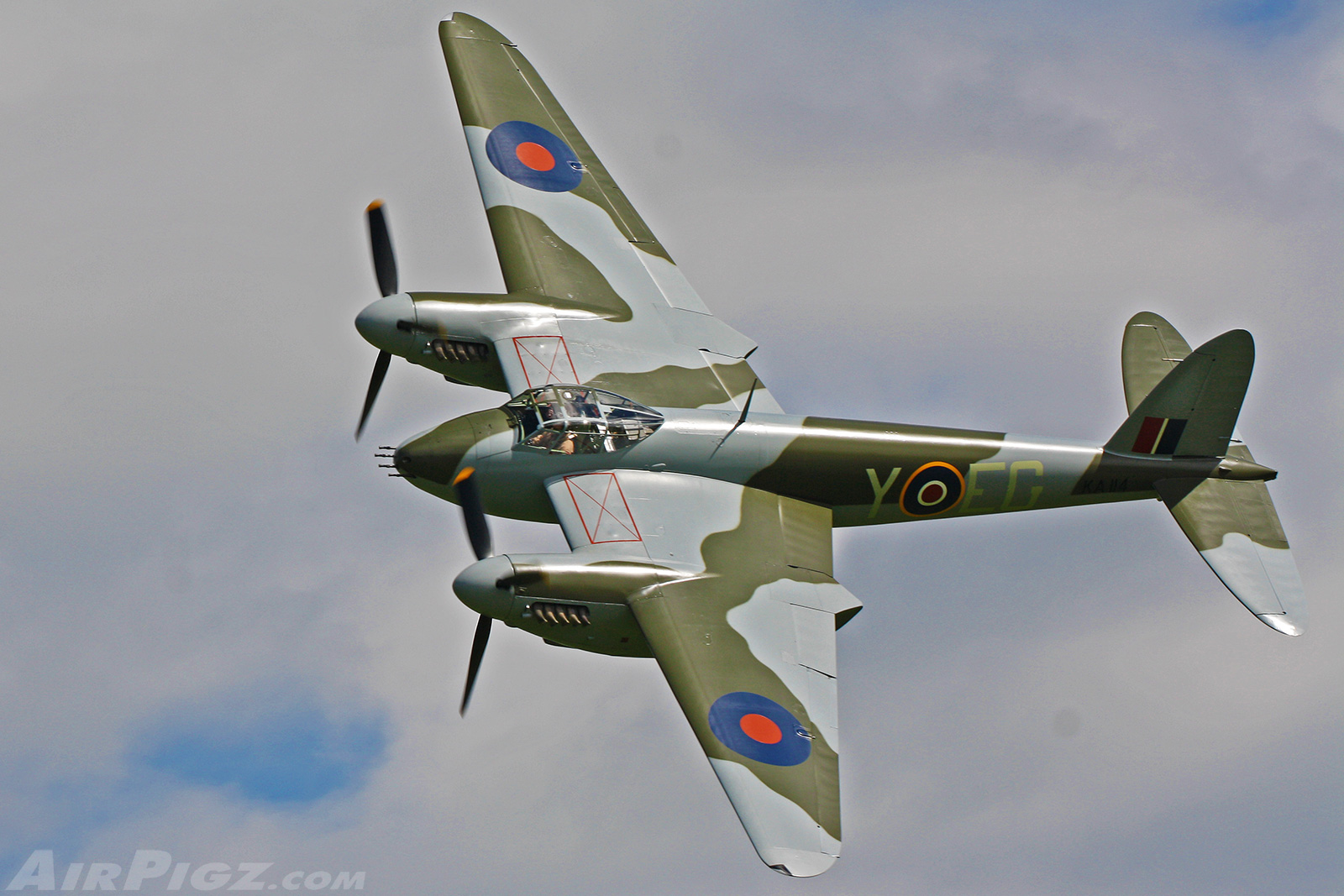
CoolPix Avspecs de Havilland Mosquito In The Air Bravo! blog AirPigz
The de Havilland Mosquito — the aircraft at the centre of Frederick Forsyth's short story The Shepherd — has often been hailed as the plane that won the Second World War.
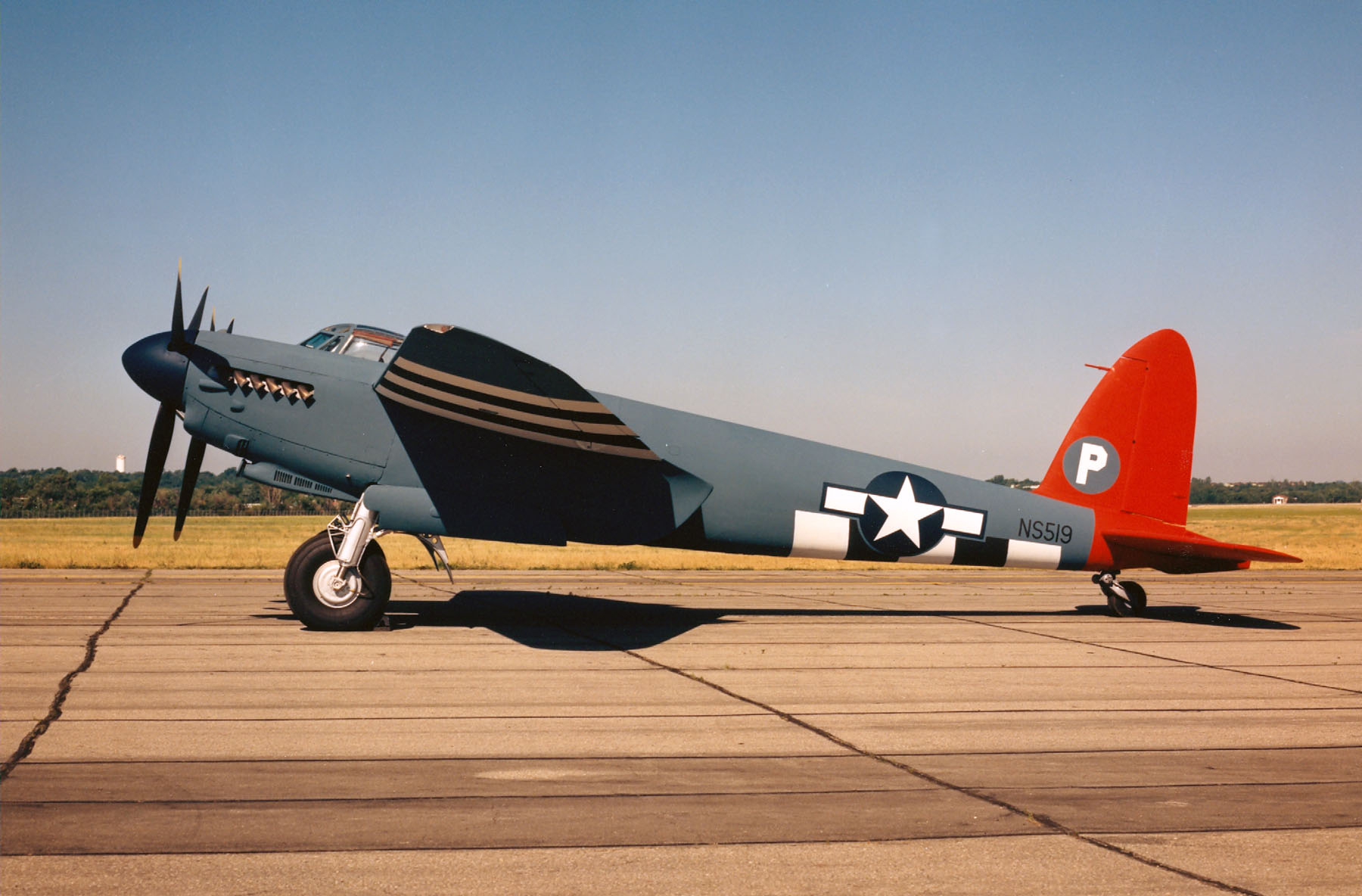
De Havilland DH 98 Mosquito > National Museum of the US Air Force™ > Display
The De Havilland DH.98 Mosquito enjoys legendary status. This exemplar of British aeronautical design genius is moulded around its graceful lines, its unmatched performance and unrivalled versatility. Unquestionably, the De Havilland Mosquito's story deserves to be told.

De Havilland DH98 Mosquito FB26 Untitled Aviation Photo 2168849
The de Havilland DH.98 Mosquito is a British twin-engined, multirole combat aircraft, introduced during the Second World War. Unusual in that its airframe was constructed mostly of wood, it was nicknamed the "Wooden Wonder", [4] or "Mossie". [5]

de Havilland D.H.98 Mosquito Specifications Technical Data / Description
The wooden fighter-bomber. When Sir Geoffrey de Havilland first pitched his idea for a two-seater bomber made of wood with no armament, few people were willing to accept his design. But the de Havilland Mosquito went on to become one of the most successful and popular aircraft of the Second World War. The defence of this bomber would be its speed.
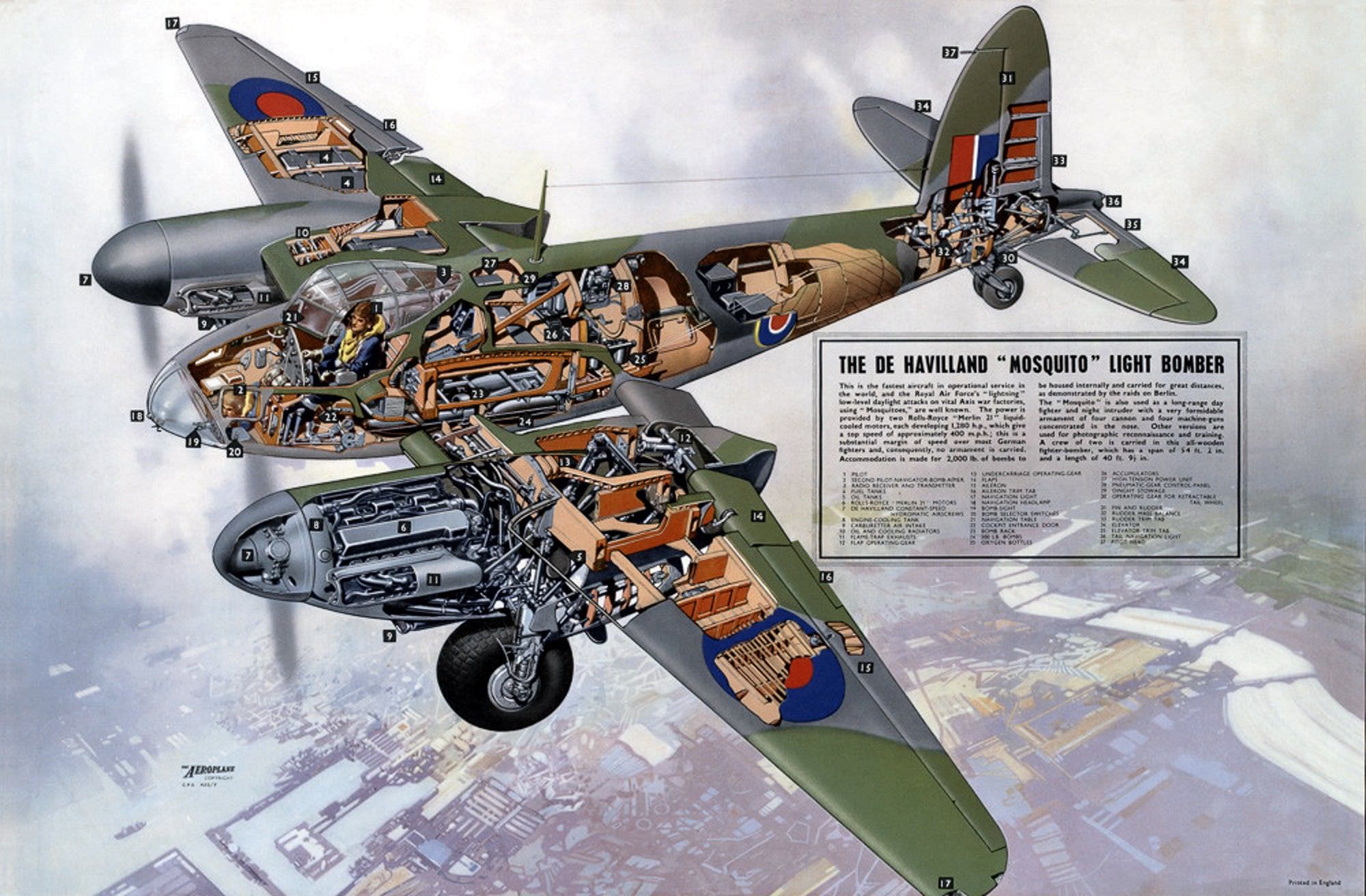
Documentary The Revival Of A De Havilland Mosquito
De Havilland Mosquito "Mossie" was the nickname for one of the most remarkable combat aircraft of the Second World War: the de Haviland Mosquito. The original all-wood design was intended as a light bomber but quickly proved highly versatile with reconnaissance, fighter-bomber, night fighter, and intruder variants being developed.
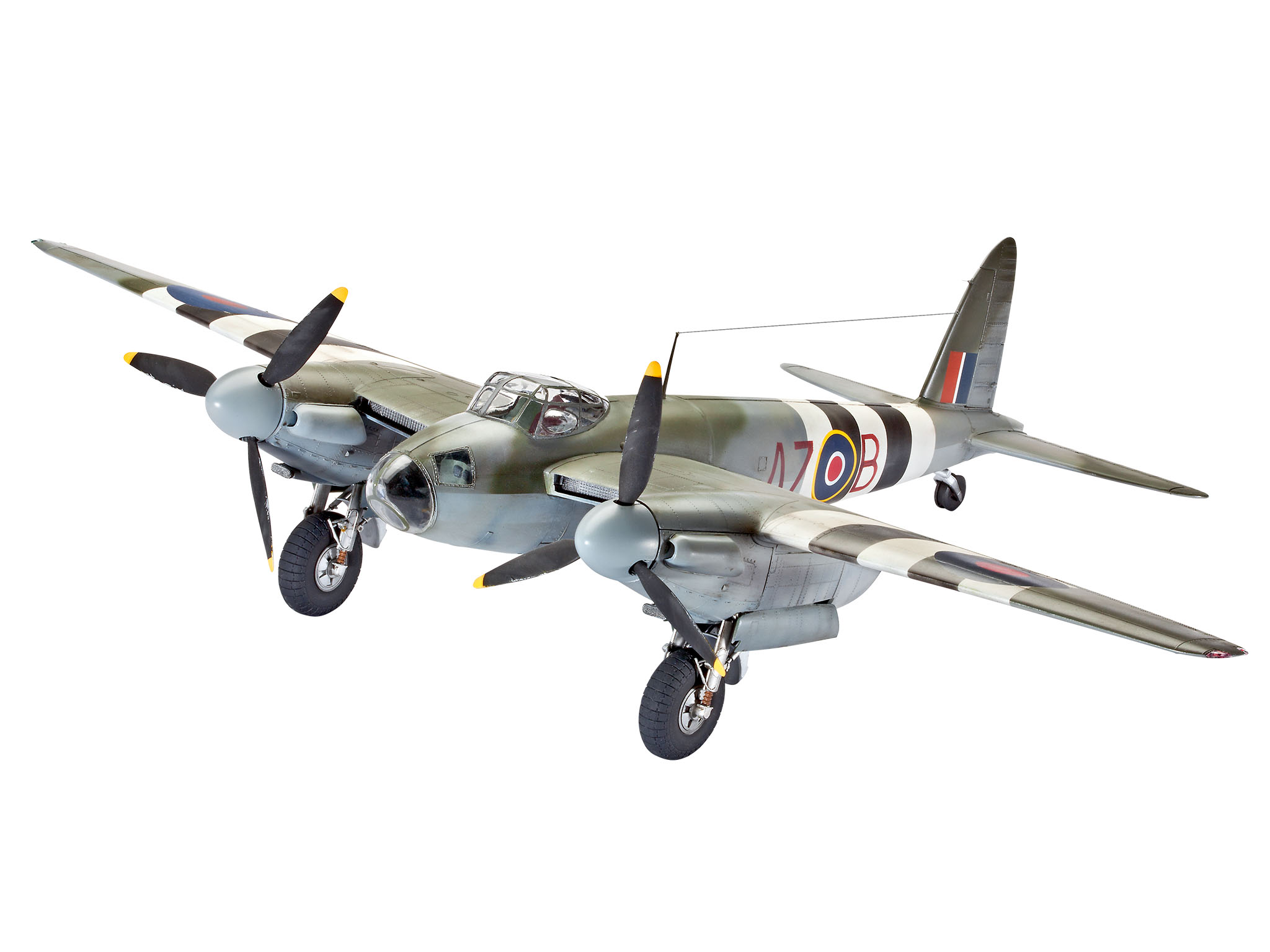
Revell Official website of Revell GmbH De Havilland MOSQUITO MK.IV
The de Havilland Mosquito was a British light bomber that served in many roles during and after the Second World War. Mosquito-equipped squadrons performed medium bomber, , tactical strike, anti-submarine warfare and shipping attack and night fighter duties, both defensive and offensive. [1]

De Havilland DH 98 Mosquito > National Museum of the US Air Force™ > Display
17K Share 2.6M views 3 years ago #sciencedocumentary #spark #sparkdocumentary Gaining Altitude: The Mosquito Reborn tells the story of a Mossie through archival footage and interviews with.

History of the British De Havilland Mosquito HubPages
A total of 1134 Mosquitoes were built at Downsview, just north of Toronto, from 1942 to 1945. Canadian-built Mosquitoes were flown in combat in Europe and North Africa by the RCAF, Royal Air Force, and U.S. Army Air Force. Postwar, some Canadian-built Mosquitoes were flown by the Chinese Nationalist Air Force.
de Havilland DH.98 Mosquito [1000x586] r/WarplanePorn
15 Largest Planes Ever Built Why the Merlin engine was essential to the war Imperial War Museums 1.1M views When Sir Geoffrey de Havilland first pitched his idea for a two-seater bomber made of.

Mosquito de Havilland BoomerVoice
Published Nov 25, 2022 The Mosquito performed daylight bombing raids over German-occupied Europe. Photo: Alan Wilson via Flickr. Apart from the Spitfire and the Hurricane, if there were ever an aircraft that epitomized the Royal Air Force (RAF) during World War Two, it would have to be the de Havilland Mosquito.
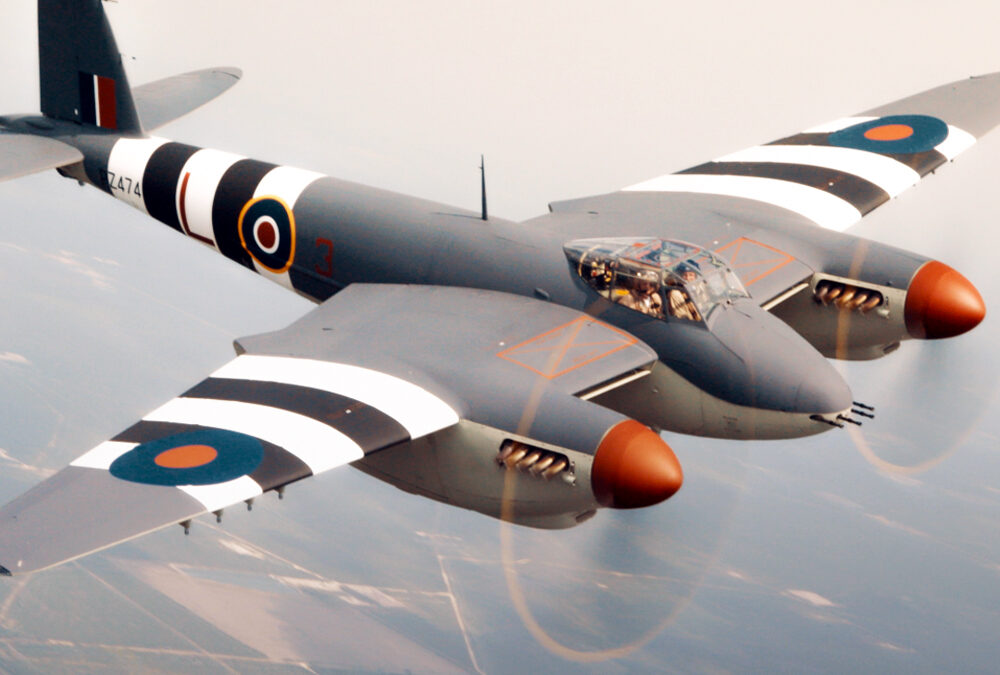
The de Havilland Mosquito EAA Warbirds of America
The story of the development, introduction and deployment of the De Havilland DH98 Mosquito in this official De Havilland documentary.
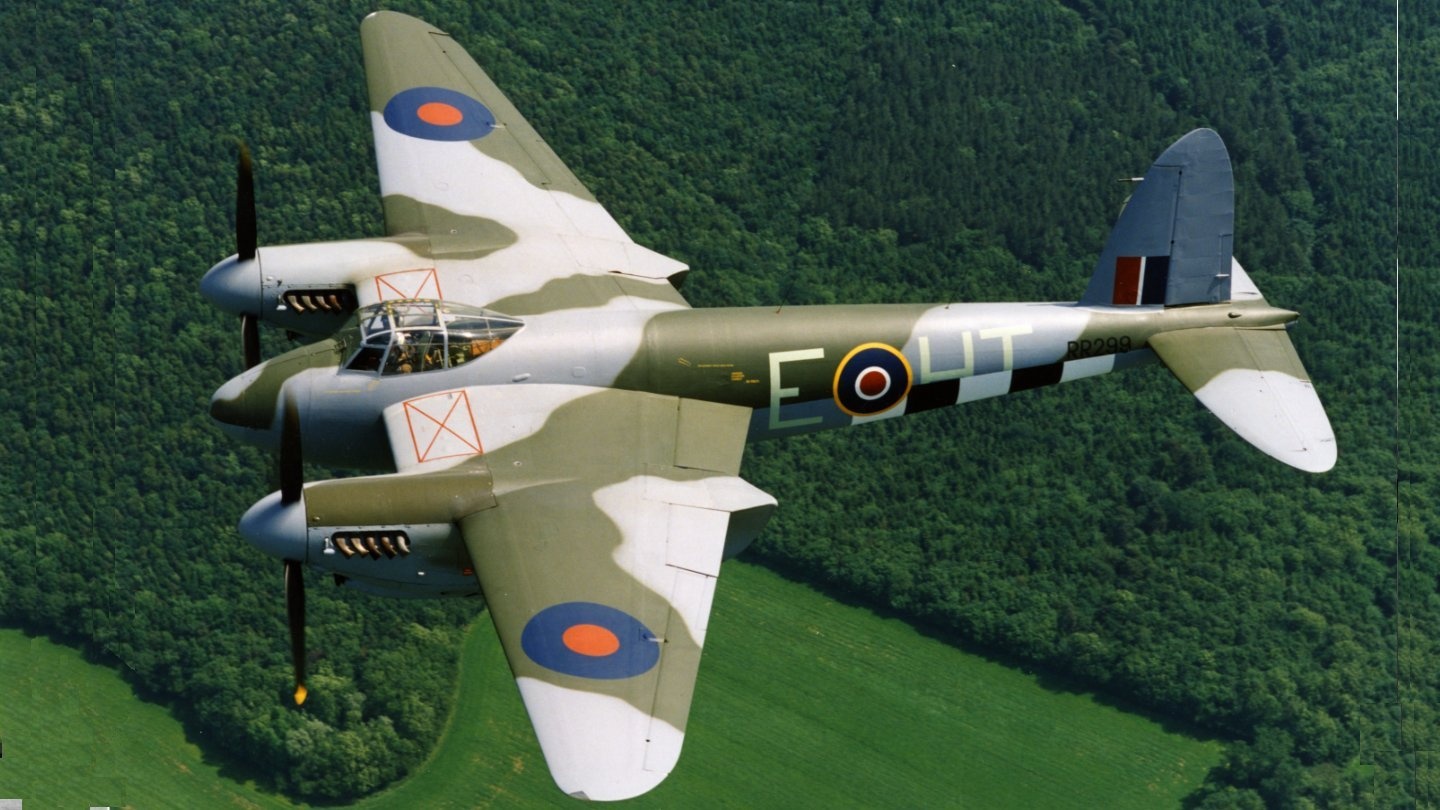
De Havilland Mosquito BAE Systems
De Havilland Mosquito The fastest fighter-bomber of World War II 'We believe that we could produce a twin-engine bomber which would have a performance so outstanding that little defensive equipment would be needed'. Geoffrey de Havilland - September 1939 De Havilland DH98 Mosquito T.MkIII (RR299 / G-ASKH)
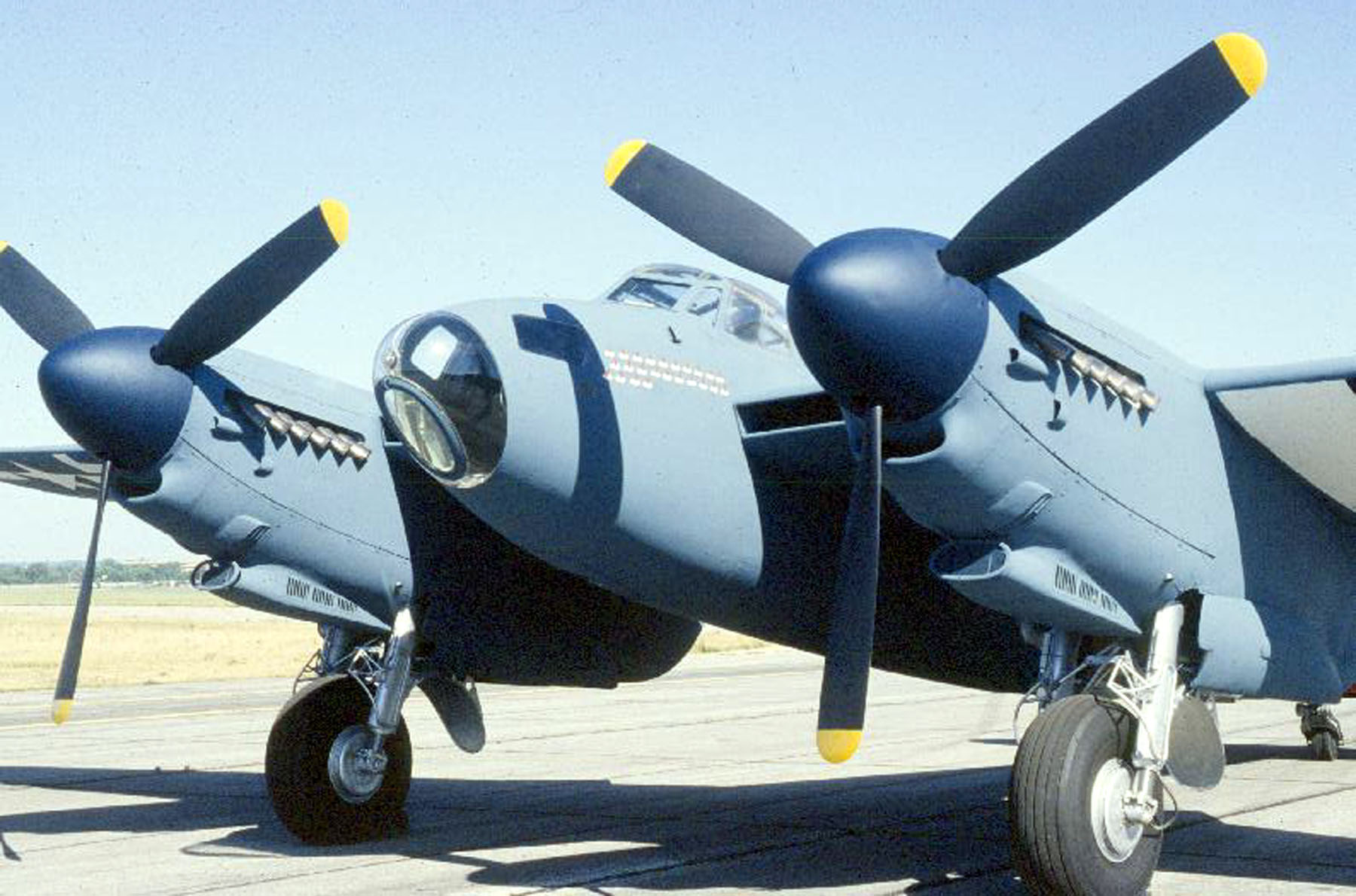
De Havilland DH 98 Mosquito > National Museum of the US Air Force™ > Display
de Havilland DH-98 Mosquito bomber night fighter History Learning Site - Mosquito, British aircraft (Dec. 07, 2023) See all related content → Mosquito, British twin-engine two-seat mid-wing bomber aircraft that was adapted to become the prime night fighter of the Allies during World War II.

AA32819 De Havilland Mosquito NFII, HJ711, Elvington Aviation Museum, 2013 Diecast Devon Models
The de Havilland Mosquito was a British twin-engine, multirole combat aircraft that served with the Royal Air Force (RAF) and other Allied air forces during the Second World War. It was constructed primarily of wood, earning it the nickname, " Wooden Wonder .". The Mosquito was first introduced in 1941, and the final operational units were.
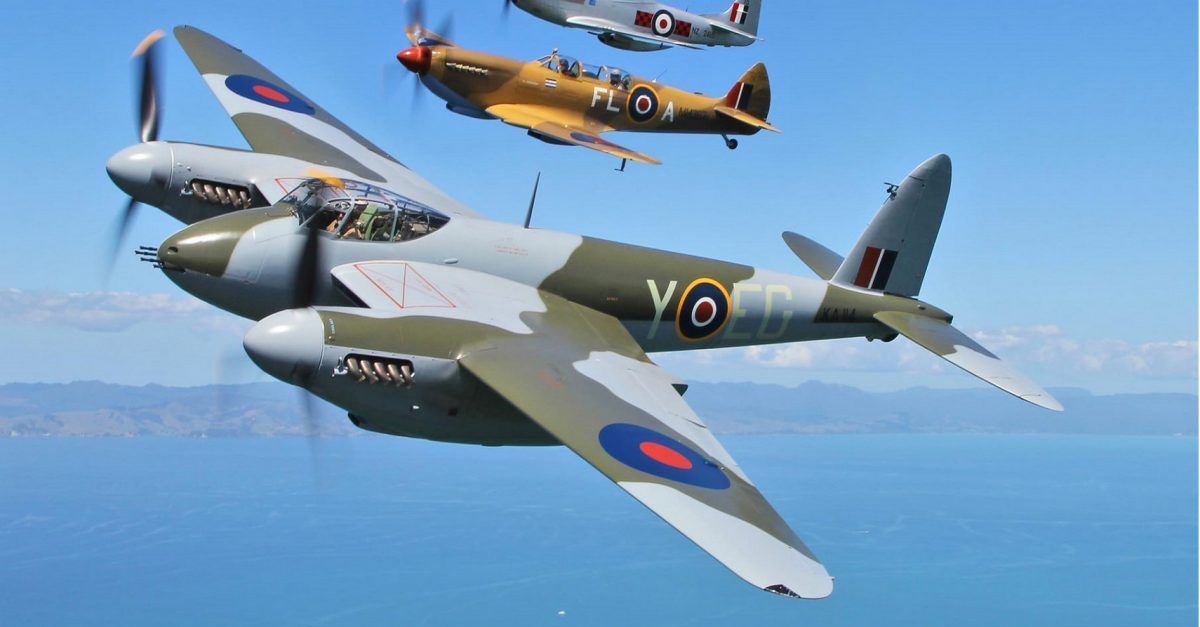
10 Things Everyone About The De Havilland Mosquito
First flight: November 15th, 1940 Official introduction: November 15th, 1941 Retired: May 1963 Since there are many variants of the Mosquito, we'll provide the specifications for the most common,.
